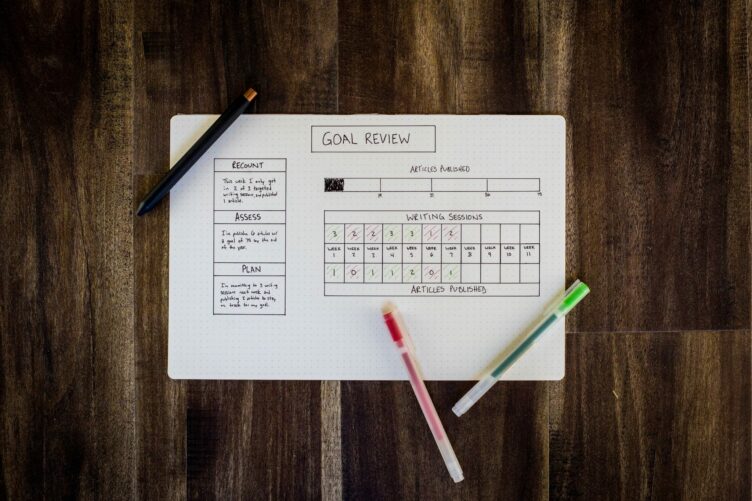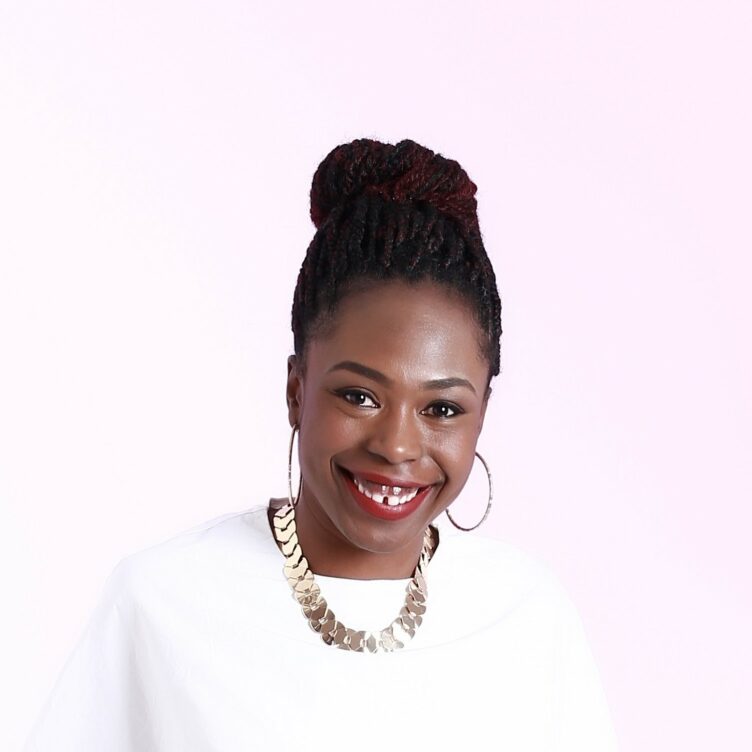As we’ve gotten back in to the swing of things, last week marked the first week of us starting our life coaching sessions with our young people. As part of Children’s Mental Health Week, we thought we’d write a little blog post about what life coaching is, how it can benefit young people, and where we are currently with our sessions. So, first and foremost…
What is life coaching?
Life coaching involves a partnership. There are two types of coaching.
- One-to-one coaching: is with a coach and client working in partnership to help the client achieve their goals.
- Group coaching: is coaching with a group of people and a coach, where they work with the coach and interact with each other to collectively achieve their goals.
The coach does not ‘know better’ than the client. Instead, the coach helps the client/s find their own solutions and use their own inner qualities and strengths to overcome challenges and make positive change in their lives.
Trust
Coaching relies on trust between coach and client to work effectively together. This requires some ‘chemistry’ to exist between them. The first coaching session is always exploratory, enabling both to assess whether they can work together effectively.

Confidentiality
What is said in coaching sessions remains strictly confidential between coach and client unless agreed otherwise. The only exception to this rule is if a safeguarding concern arises. The coach may retain information about the client – name, contact details and perhaps some notes on the coaching sessions – but will ensure that client identity is as far as possible protected and that any records are held securely and deleted once the coaching is completed.
Goal Oriented
The coach encourages the client to develop goals to work toward. The coach may help the client to decide what they want from being coached but will not suggest goals. The coach will also help the client assess their progress toward achieving them.Coaching relies on trust between coach and client to work effectively together. This requires some ‘chemistry’ to exist between them. The first coaching session is always exploratory, enabling both to assess whether they can work together effectively.

What Clients Can Expect
Coaching is not advisory. The coach knows that clients have the answers to all their own questions: the coach’s job is to help the client find them, not to tell the client what to think or what to do.
Clients can expect to experience the following in coaching:
- Talking a lot about themselves
- Some awkward, possibly emotional conversations
- Responding to challenge and answering some difficult questions
- The energy created by some breakthroughs in thinking
- Fun, enjoyment and humour
- Creative thinking
- Reflection, for which they will be asked to make time
All life experience is inter-connected so nothing is ‘off the table’ unless the client requests that it should be.
The benefits
Life coaching can help young people with many issues. As coaching is tailored to the individual and not a ‘one plan fits all’ approach, there is not ‘one’ specific problem it can solve. This makes it a wonderful way to explore individual needs while really honing in on what a given young person requires.
As a result, there are many ranges of problems that life coaching can help solve. We’ve listed some of the most common problems that are dealt with below:
Common problems that life coaching can tackle include:
- Feeling stuck and unsure of a next step
- Being afraid to pursue goals and dreams
- Feeling unconfident/having low self-esteem
- Wanting to make a change in your professional or personal lifestyle
- Improving your health and well-being
One week in
Being one week into our life coaching sessions means the young people are only at the start of their journey. Those who said they would like to take part were introduced to their coaches and together we had a conversation about their interests, the things that they struggle with, and their goals for the future. As the weeks progress, they’ll work with Yaa – Founder of Next Level Coaching – to develop a more focused plan, aiming to help them get to where they’d like to be in each of the areas that they have chosen to develop.
Next Level Coaching

Yaa, founder of Next Level Coaching
We want to give a big shout out to Next Level Coaching and Yaa for providing the coaching for our young people. She is the “Meant for More” Mindset Mentor & Coach and works with young people empowering them to become leaders.
Yaa is known for instilling passion into young people, giving them a positive self-image, enabling them to pursue their dreams and goals with confidence and determination.
“I am passionate about helping young people to gain confidence and self-belief. My clients have gone from feeling stuck, overwhelmed and unworthy, to believing in themselves and achieving their goals including: being accepted into university and starting their own small businesses. Having coached young people for over 10 years, I know the number one thing that stops them from making a change and finding happiness is their mindset. I want to help them change their mind so they can change their life.”
– Yaa, Founder, Next Level Coaching
To find out more about Yaa and Next Level Coaching, you can connect with her via:
Web: www.nextlevelcoachinggroup.com
Email: yaa@nextlevelcoahinggroup.com
Instagram: @nextlevelcoachinggroup
